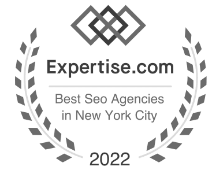Facebook Ads Management Services
Build your brand and grow your revenue
Facebook, love it or hate it, provides a platform for buyers of all different demographics, interests and likes. We can help take your content and match it to the correct buyer personas to maximise your ad spend and help achieve your goals.

Connect with potential customers using one of the largest ad platforms available
With over 2.2 billion monthly active users as of 2018 and Facebook surpassing MySpace in 2008, the platform has become the dominant force in social media. Its controlled growth, robust ad infrastructure, and data-driven approach to advertising have made Facebook advertising one of the most powerful digital marketing tools today. Whether you’re a growing brand or an established business, working with a leading Facebook ads agency ensures your campaigns reach the right audience at the right time with precision.
Our team at Four Dots Australia specialises in creating high-converting Facebook ad campaigns that drive real engagement, more leads, and more sales. From target audience segmentation to creative ad production, campaign optimisation, and performance tracking, we handle every aspect of Facebook advertising so you can focus on growing your business.
Why Choose Our Facebook Ads Management Services?
Success on Facebook ads starts with a strong advertising strategy, expert execution, and continuous optimisation. We don’t believe in guesswork. We take a data-driven approach to running ads, leveraging Facebook’s algorithm, advanced audience targeting, and creative production to achieve your desired business goals.
As a leading Facebook advertising agency, we understand that every business is unique. That’s why we craft customised Facebook marketing strategies tailored to your brand’s objectives. Whether you want to increase brand awareness, drive website traffic, generate leads, or boost sales, we ensure that your Facebook ad spend is optimised for the best possible results.
Here’s what sets us apart:
- Strategic Campaign Planning: We map out a clear and targeted Facebook marketing campaign aligned with your business objectives.
- Expert Media Buying: We optimise your monthly ad spend to ensure maximum ROI with data-driven ad placements.
- Creative Ad Production: Our team crafts high-quality ad creatives, including video ads, carousel ads, slideshow ads, and dynamic Facebook ads that grab attention.
- Audience Targeting & Retargeting: We leverage Facebook Pixel and advanced targeting to reach potential customers who are most likely to convert.
- Performance Monitoring & Optimisation: We analyse campaign data in real time to refine your ads, ensuring consistent improvement and better ad performance.
Our Facebook Ads Management Services
Facebook Advertising Services Tailored to Your Business
Every business has different needs, and that’s why we offer comprehensive Facebook marketing services that cover every stage of the customer journey. Our approach is holistic, data-backed, and performance-driven, ensuring that your brand stands out in a competitive digital landscape.
Strategic Facebook Ad Campaign Planning
A successful Facebook advertising campaign starts with a well-defined strategy. We begin by understanding your business goals, target audience, and competitive landscape to develop a tailored Facebook marketing strategy that drives results.
Our strategic approach includes:
- Defining your ideal audience segments based on demographics, interests, and behaviours.
- Selecting the best Facebook ad types (e.g., lead ads, video ads, messenger ads, dynamic ads) to suit your objectives.
- Structuring your campaign for optimal ad delivery and cost efficiency.
- Mapping out a full-funnel advertising strategy to engage users at every stage of their journey, from brand discovery to conversion.
Precision Targeting & Facebook Ads Management
With Facebook’s granular targeting options, we ensure that your ads are shown to the right people at the right time. Whether you’re looking to attract new customers, retarget website visitors, or nurture leads, our team optimises your campaigns using:
- Lookalike Audiences to find new customers who resemble your best existing ones.
- Custom Audiences to re-engage people who have interacted with your Facebook page, website, or past ads.
- Behavioural Targeting to reach high-intent users who are actively searching for products or services like yours.
- Geo-Targeting to focus your ads on specific locations for hyper-relevant ad campaigns.
We continuously analyse and adjust your campaigns based on performance data, ensuring that your Facebook advertising budget is spent efficiently to maximise ROI.
Ad Creatives That Capture Attention & Convert
Effective Facebook ads require more than just budget allocation—they need compelling ad creatives that stop users from scrolling and encourage them to take action.
Our team specialises in crafting high-quality Facebook ad creatives that engage, inform, and persuade. We use:
- Eye-catching visuals tailored to your brand’s identity.
- Persuasive ad copy designed to resonate with your target audience.
- A/B testing to determine which creatives drive the best results.
- Engaging ad formats, including carousel ads, video ads, slideshow ads, and instant experience ads.
With strong call-to-actions (CTAs), strategic messaging, and a focus on user engagement, we ensure that your ads drive more clicks, more conversions, and better overall performance.
Facebook Pixel & Conversion Tracking
Understanding how your Facebook campaigns are performing is key to improving ad efficiency. That’s why we integrate Facebook Pixel with your website and landing pages to track user behaviour and measure the effectiveness of your ads.
With Facebook Pixel, we can:
- Track website visitors and retarget them with relevant ads.
- Optimise campaigns based on user actions, such as add-to-cart, purchase, or lead form submissions.
- Identify high-performing audiences for scaling successful campaigns.
- Refine ad placements to ensure maximum cost efficiency.
By leveraging data-driven insights, we continually optimise your Facebook marketing strategy for better performance and higher return on investment.
Build your brand
Start at the top of the funnel and build your brand with social media marketing on facebook and instagram. We can help you build a following that is bigger than Ben-Hur and that speaks to directly to potential buyers.
Partner with a Leading Facebook Advertising Agency
We don’t just run Facebook ads—we create and manage high-performance Facebook advertising campaigns that drive real business growth. If you’re looking for a trusted Facebook marketing company that delivers data-backed strategies we’re here to help.
Let’s take your Facebook marketing to the next level. Contact us today to get started.
Audience creation and segmentation
Building funnel of audiences to help target the right ad's with the right people at the right time.
Testing and analysis
We'll review and test different methods to get the most bang for your buck and smash your ROAS goals.
Tracking
We can provide end to end tracking for your pixel to ensure the data that is received works!
Reporting
We report to you and we listen to your feedback. Monthly reporting sessions to catch up on what worked and what we can do to further improve the campaigns.
Contact us today to learn more about how we can help your business grow with our expert Facebook Ads Management Services.
Get in contact
Contact us now and we'll start working right away on taking your online presence to a whole new level!
Get quoteFAQs about Facebook Ads Management
Facebook ads offer a powerful way to reach a highly targeted audience. Here are some key reasons to use Facebook ads:
Extensive Reach: With over 2.8 billion monthly active users, Facebook provides access to a vast audience, allowing you to reach potential customers around the globe.
Advanced Targeting Options: Facebook's sophisticated targeting capabilities let you hone in on your ideal audience based on demographics, interests, behaviors, and even location. This ensures your ads are seen by people most likely to be interested in your products or services.
Cost-Effective: Facebook ads can be tailored to fit any budget, making it accessible for businesses of all sizes. You can set daily or lifetime budgets and only pay when users interact with your ads (e.g., clicks, impressions, or conversions).
Versatile Ad Formats: Facebook offers a variety of ad formats, including image ads, video ads, carousel ads, slideshow ads, and more. This flexibility allows you to create engaging and visually appealing campaigns that resonate with your audience.
Measurable Results: Facebook provides comprehensive analytics and reporting tools to track the performance of your ads. You can monitor key metrics such as reach, engagement, click-through rates, and conversions, enabling you to measure your return on investment (ROI) and refine your strategy.
Brand Awareness and Engagement: Facebook ads help increase your brand's visibility and encourage user engagement. By regularly appearing in users' news feeds, you can build brand recognition and foster a stronger connection with your audience.
Integration with Instagram: Facebook's ad platform is integrated with Instagram, allowing you to run ads on both platforms simultaneously. This expands your reach and gives you access to Instagram's younger, highly engaged user base.
Retargeting Capabilities: Facebook's retargeting tools enable you to re-engage users who have previously interacted with your brand. This can help increase conversion rates by reminding potential customers about your products or services.
Using Facebook ads can significantly enhance your marketing efforts by reaching the right people with the right message, ultimately driving growth and success for your business.
Campaign Objectives:
Brand Awareness and Reach: For campaigns focused on increasing brand visibility, running ads for a longer duration (e.g., several weeks to months) can help build recognition and familiarity with your audience.
Promotions and Events: For time-sensitive promotions, sales, or events, your ads should run for the duration of the event or slightly longer to maximize reach and engagement.
Testing and Optimization:
Initial Testing: Start with a shorter duration (e.g., 1-2 weeks) to test different ad creatives, audience segments, and bidding strategies. Use the insights gained to optimize your campaign.
Ongoing Optimization: Once you identify the best-performing ads and audience segments, extend the duration of your campaign while continuing to monitor and adjust based on performance data.
Budget Considerations:
Limited Budget: If you have a limited budget, running ads for a shorter period with a higher daily spend might yield better results than spreading the budget too thin over a longer duration.
Flexible Budget: If budget is less of a constraint, you can afford to run your ads for a longer period, allowing more time to reach and engage your audience.
Audience Saturation:
Frequency: Monitor the frequency metric, which indicates how often your ads are shown to the same people. If frequency becomes too high, it may lead to ad fatigue, where users start ignoring or getting annoyed by your ads. In such cases, consider refreshing your ad creatives or pausing the campaign temporarily.
Audience Size: For smaller, more niche audiences, shorter ad durations might be more effective to avoid overexposure. For larger audiences, longer campaigns can help ensure broad reach.
Ad Type and Content:
Seasonal Content: Ads tied to specific seasons or holidays should run during the relevant period to capitalize on timely interest.
Evergreen Content: Ads promoting evergreen content or products that are always relevant can run for longer durations, with periodic updates to keep the content fresh.
In summary, while there is no one-size-fits-all answer to how long you should run your Facebook ad, a good approach is to start with a test phase, analyze performance data, and adjust the duration based on your specific goals, budget, and audience response. Regular monitoring and optimization are key to ensuring your ads remain effective throughout the campaign.
The cost of Facebook advertising depends on factors like audience targeting, ad placement, bidding strategy, and industry competition. Advertisers can set a daily or lifetime budget, with common pricing models including CPC (around $0.97 per click), CPM (about $7.19 per 1,000 impressions), and CPA (cost per conversion-based action). Costs vary based on ad relevance, competition, and seasonality, with high-quality ads and broad targeting generally lowering expenses. A $10 daily budget could yield 10–15 clicks or 1,400 impressions, but optimising your Facebook ad campaign ensures better efficiency and higher return on ad spend (ROAS).
Facebook advertising allows businesses to create and display ads to targeted audiences on Facebook and its related platforms, including Instagram, Messenger, and the Audience Network. Here’s a step-by-step overview of how Facebook advertising works:
Create a Facebook Business Account:
Business Manager: Start by setting up a Facebook Business Manager account, which helps you manage your ad accounts, pages, and the people working on them all in one place.
Ad Account: Within Business Manager, create an ad account where you’ll set up, run, and track your ad campaigns.
Define Your Campaign Objective:
Objective Selection: Choose from a variety of campaign objectives that align with your business goals, such as brand awareness, traffic, engagement, app installs, video views, lead generation, or conversions.
Target Your Audience:
Audience Demographics: Define your target audience based on demographics such as age, gender, location, and language.
Interests and Behaviors: Narrow down your audience by targeting specific interests, behaviors, and connections.
Custom Audiences: Create custom audiences from your customer lists, website visitors, or app users.
Lookalike Audiences: Find new people similar to your existing customers by creating lookalike audiences.
Set Your Budget and Schedule:
Budget Options: Choose between a daily budget (how much you’re willing to spend each day) or a lifetime budget (how much you’re willing to spend over the entire campaign).
Ad Schedule: Decide whether your ads will run continuously or only during specific times and days.
Choose Your Ad Placements:
Automatic Placements: Let Facebook automatically place your ads across Facebook, Instagram, Messenger, and the Audience Network to get the best results.
Manual Placements: Select specific placements where you want your ads to appear, such as the Facebook News Feed, Instagram Stories, or Messenger inbox.
Create Your Ad:
Ad Formats: Choose from various ad formats, including image ads, video ads, carousel ads, slideshow ads, and collection ads.
Ad Content: Develop compelling ad creatives, including high-quality images or videos, engaging ad copy, and a clear call-to-action (CTA).
Ad Preview: Preview your ad to see how it will look across different placements and devices.
Launch Your Campaign:
Campaign Review: Review all the details of your ad campaign to ensure everything is set up correctly.
Launch: Once you’re satisfied, launch your campaign, and Facebook will start delivering your ads to your targeted audience.
Monitor and Optimize:
Performance Tracking: Use Facebook’s Ads Manager to monitor the performance of your ads in real-time. Track key metrics such as reach, impressions, clicks, conversions, and cost per result.
A/B Testing: Conduct A/B testing by creating different versions of your ads to see which ones perform better.
Optimization: Continuously optimize your campaigns based on performance data. Adjust targeting, ad creatives, bidding strategies, and budgets to improve results.
Reporting and Analysis:
Detailed Reports: Generate detailed reports to analyze the performance of your ad campaigns. These reports provide insights into what’s working and what needs improvement.
ROI Measurement: Measure the return on investment (ROI) of your campaigns by comparing the cost of your ads to the revenue generated from your advertising efforts.
Facebook advertising works by leveraging its extensive user data and sophisticated targeting options to deliver ads to the right people at the right time, helping businesses achieve their marketing goals efficiently and effectively.
Facebook advertising is a paid digital marketing strategy that enables businesses to reach targeted audiences through sponsored ads on Facebook and Instagram. With over billions of active Facebook users, the platform offers unmatched targeting capabilities, ad formats, and analytics tools to help businesses increase brand awareness, generate leads, and drive more sales.
The best Facebook ad type depends on your business goals. For lead generation, we recommend lead ads. For brand awareness, video ads and carousel ads work well. For retargeting and conversions, dynamic ads are effective. As a Facebook marketing agency, we analyse your business objectives and recommend the most suitable ad format.
Facebook Pixel tracks user interactions on your website and helps optimise ad delivery. By analysing data on website visits, conversions, and customer actions, we refine your Facebook advertising strategies to target the most valuable users.
The timeframe for seeing results depends on your campaign goals and budget. For some of our clients, we see immediate engagement, while others require data-driven adjustments to improve performance. Typically, within the first 30-60 days, we gather insights and optimise for better conversion rates.
Proudly provide services to
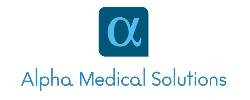
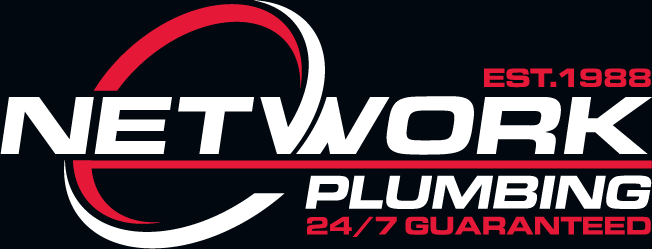




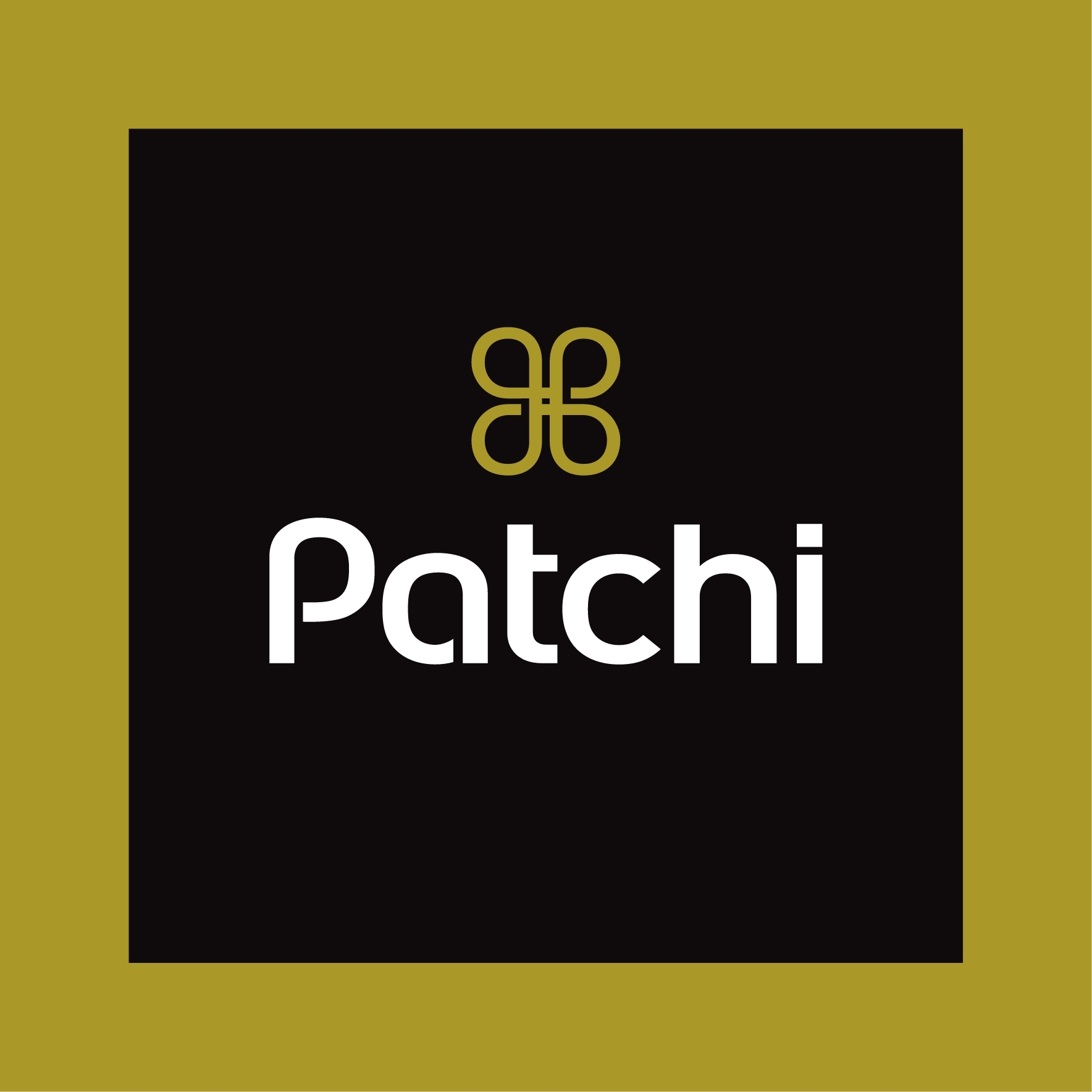
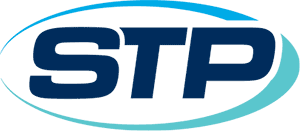
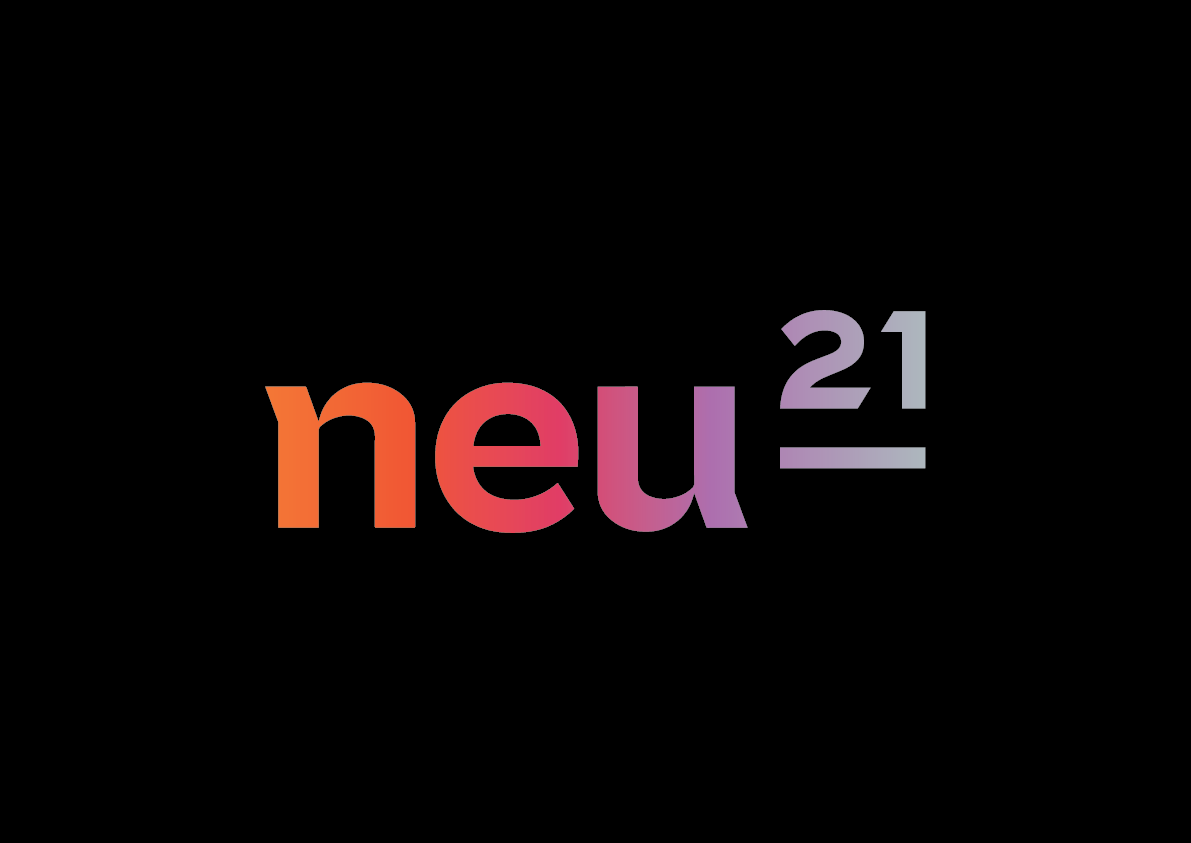

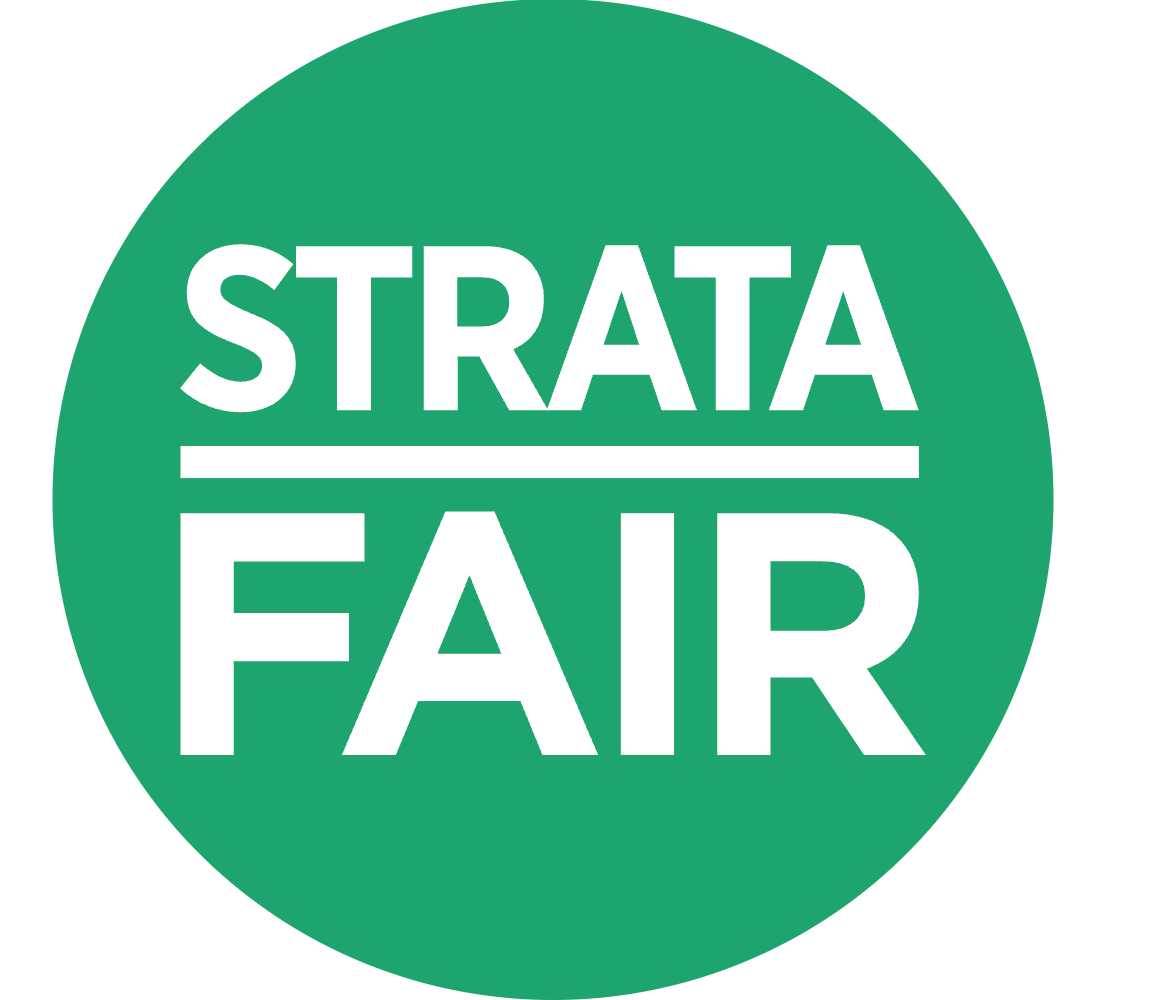





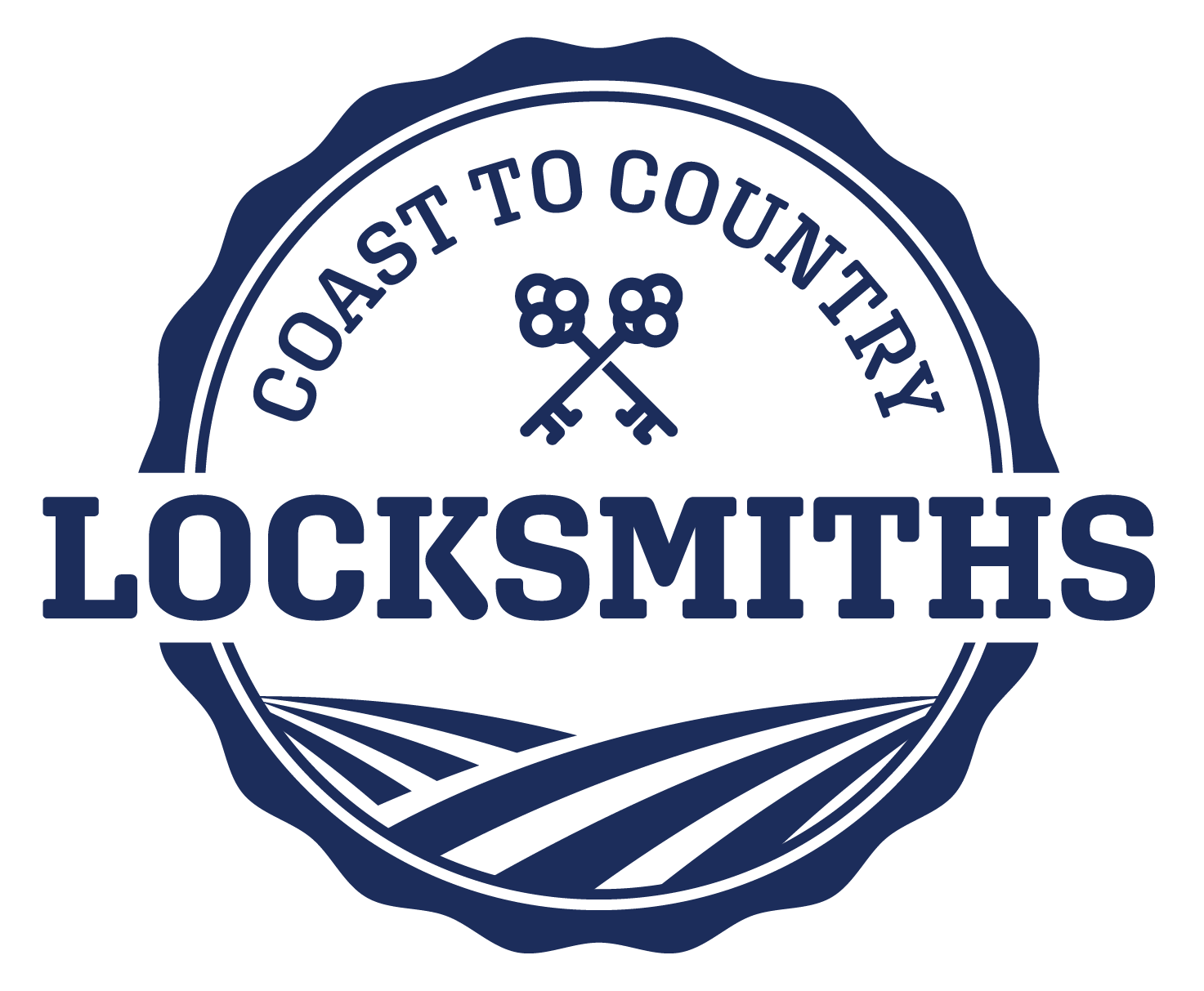

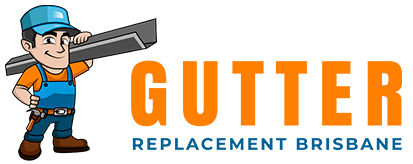
Latest from the blog
Advanced Technical SEO Tactics for 2025
As the digital landscape continues to evolve, staying ahead in SEO requires more than just basic optimisation techniques. Technical SEO is important as it impacts organic traffic, search result appearance, user experience, and overall SEO performance. Advanced technical SEO tactics are essential for ensuring your website remains competitive and ranks well in search engine results. […]
Read moreShopify SEO – How to Optimize Your Shopify Site for Google
Having a Shopify store is great, but if people can’t find it on Google, you’re missing out on potential sales. SEO (Search Engine Optimisation) is key to driving organic traffic to your Shopify store. With the right strategies, you can boost your rankings, attract more customers, and grow your business. In this guide, we’ll take […]
Read moreBoost Your Conversions Transform Your Landing Pages In Just 14 Days
In today’s digital world, your landing page is often the first thing people see when they visit your site. If it’s not up to scratch, you could be losing potential customers before they even get to know your business. But don’t worry – with the right tweaks, you can turn your landing page into a […]
Read moreSydney office
Level 26, 44 Market Street,
NSW 2000
Sydney,
Australia
Phone +61 289993731


